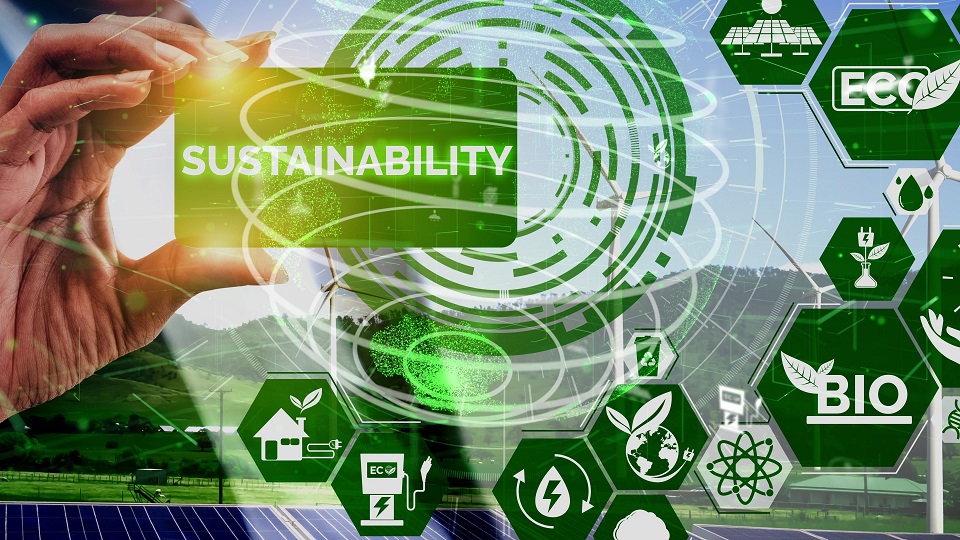Many of us feel compelled to take action as the effects of climate change and environmental degradation become more obvious. But how do we begin? The practice of living in a way that satisfies our current needs without jeopardizing the ability of future generations to satiate their own needs holds the key to finding the solution. This introduction to sustainability will give you a general overview and step-by-step instructions for getting started on your green journey.
Understanding Sustainability
The idea of sustainability has many facets and affects many areas of our lives, including the food we eat, the clothes we wear, the energy we use, and the waste we produce. It involves making deliberate decisions that account for their effects on the environment, society, and economy.
Three Pillars of Sustainability
Sustainability often refers to three fundamental pillars: the environment, the economy, and society.
Environmental sustainability involves preserving and enhancing the natural environment. This includes minimizing pollution, protecting biodiversity, and using resources in a way that allows ecosystems to replenish themselves.
Economic sustainability relates to ensuring that economic activity is productive, robust, and fair. This includes promoting sustainable practices within businesses, creating green jobs, and shifting towards a circular economy that reduces waste.
Social sustainability involves fostering equitable societies that meet individuals’ needs and rights. This includes promoting social justice, ensuring equal access to resources, and enhancing the quality of life for all.
Steps Towards Sustainability
The beauty of sustainability is that everyone can contribute to it in their daily lives. Here are seven simple steps to start your journey toward a sustainable lifestyle:
- Minimize Waste:
Adopt a waste-reduction strategy of “reduce, reuse, recycle.” Try to reduce the amount of waste you produce, recycle or compost waste when you can, and make sure it is disposed of properly. - Choose Sustainable Food:
When possible, choose foods that are seasonal, locally sourced, and organic. Because of the high environmental impact of meat and dairy consumption, think about cutting back. - Conserve Energy:
Switch to renewable energy sources, use energy-efficient appliances, and develop energy-saving habits like turning off lights and appliances when not in use. - Save Water:
Install water-efficient fixtures, fix leaks promptly, and use water wisely in your daily activities. - Choose Sustainable Transport:
When possible, consider taking a stroll, riding a bike, or taking the bus or train. If you must drive, think about buying an electric or a fuel-efficient car. - Support Sustainable Companies:
Buy from businesses that place a high priority on sustainability in their processes and output. This may inspire additional companies to use sustainable practices. - Spread Awareness:
Discuss the significance of sustainability with your friends, family, and neighborhood. Support sustainable policies and initiatives, and persuade others to adopt sustainable behaviors.
Sustainability is a Journey
Adopting sustainability is a journey rather than an endpoint. It entails ongoing learning, adaptation, and improvement. Keep in mind that the objective is to make conscious decisions that lessen your impact on the environment, support equitable economies, and promote social well-being rather than be perfect.
Don’t let the difficulty of the task overwhelm you. Every little bit counts, and when we all work together, we can make a big difference.
Conclusion: Starting Your Green Journey
The challenges we face in the areas of the environment, the economy, and society can all be addressed through the lens of sustainability. By incorporating sustainability into our daily lives, we can help create a world that is more sustainable, just, and prosperous.
As you set out on your journey toward sustainability, keep in mind that every effort counts. Your actions can make a difference, whether it’s by lowering waste, conserving energy, or encouraging sustainable businesses. “In nature, nothing exists alone,” environmentalist Rachel Carson once said. This serves as a reminder that everyone is connected to one another and that every action we take, no matter how small, has a significant effect.
Let this guide serve as your starting point on the road to sustainability. Keep in mind that sustainability is a way of life that supports the health of our planet, not just a trend.


Leave feedback about this